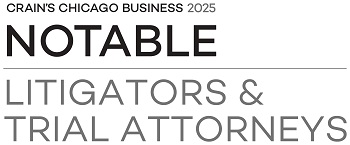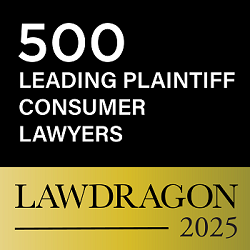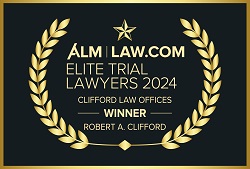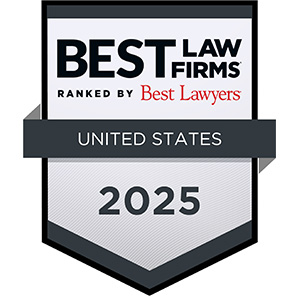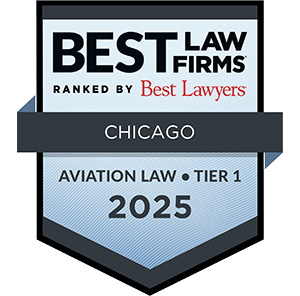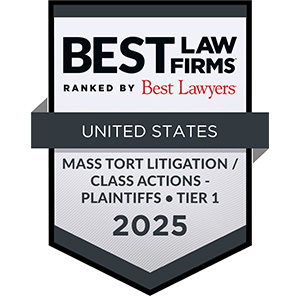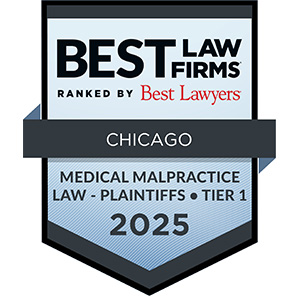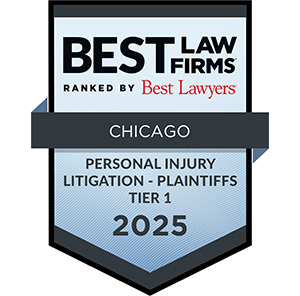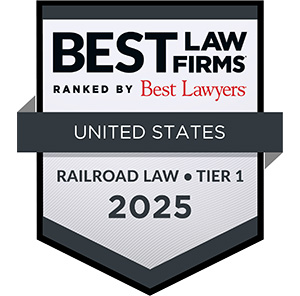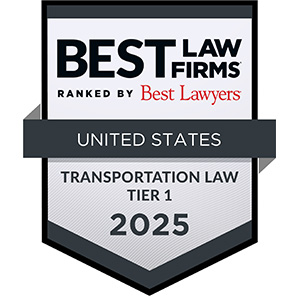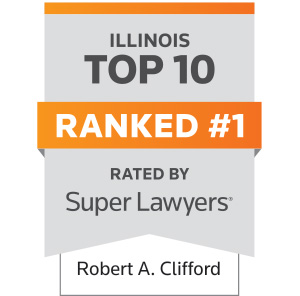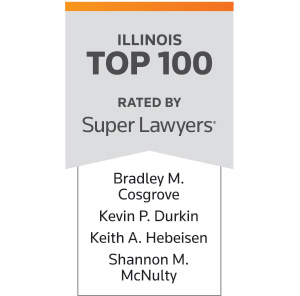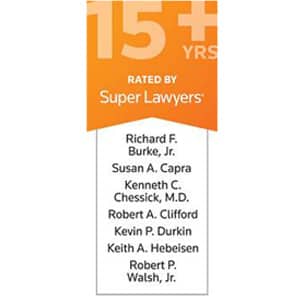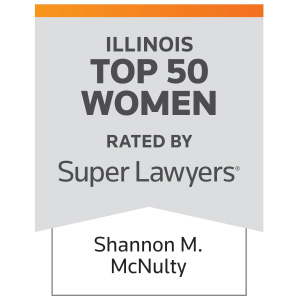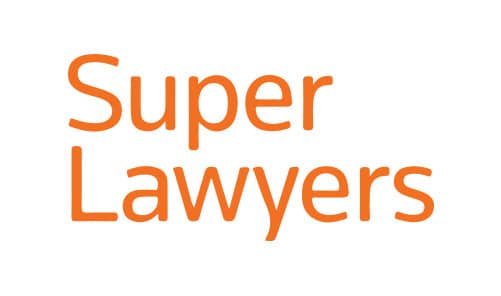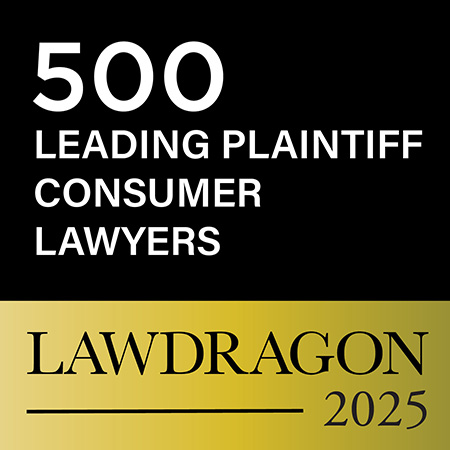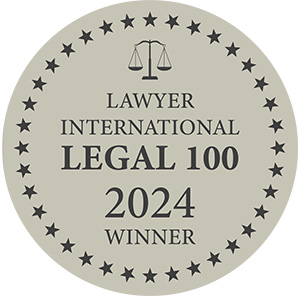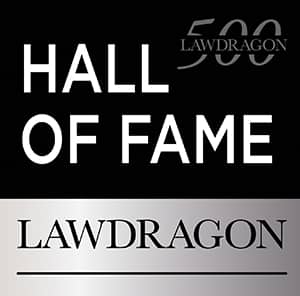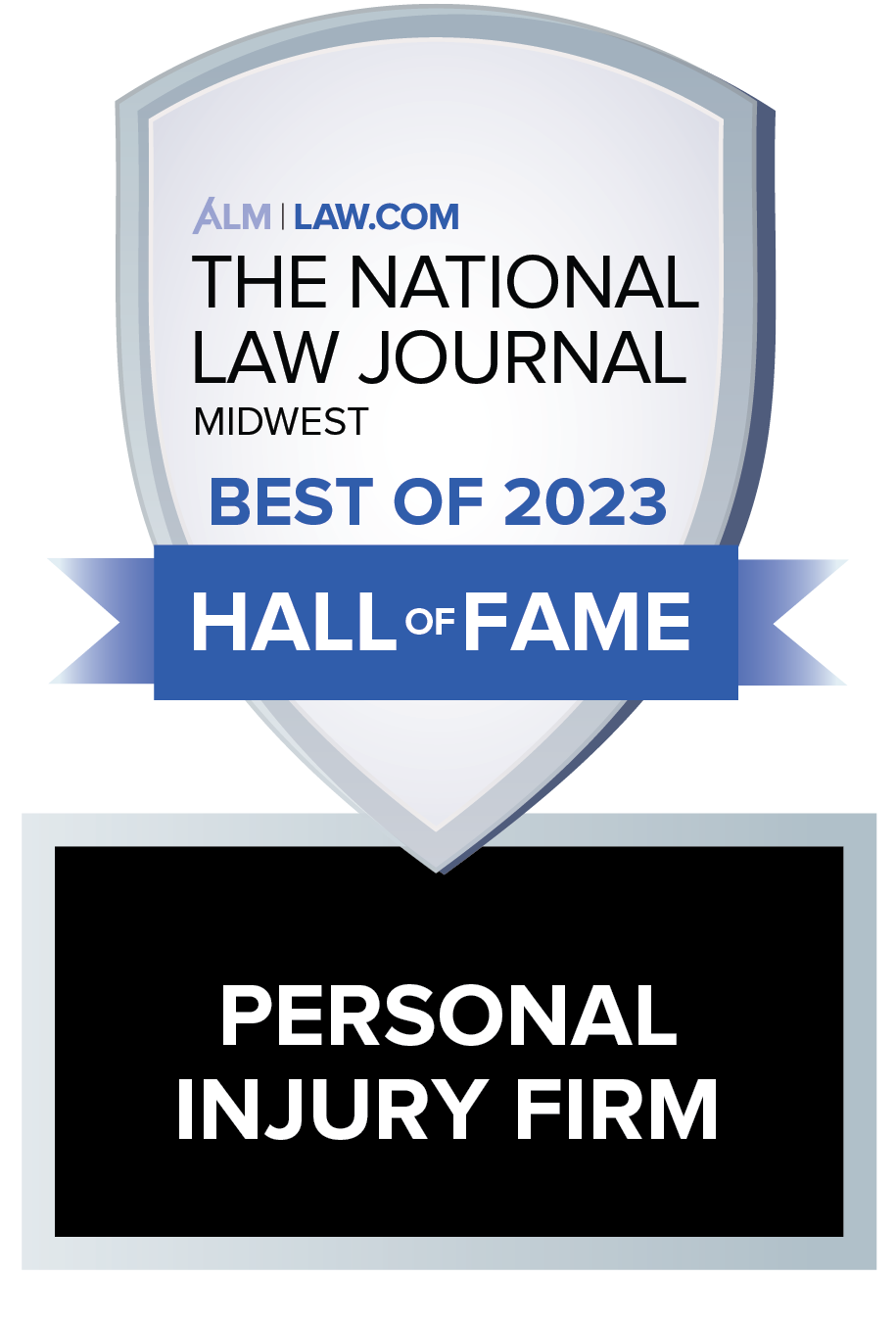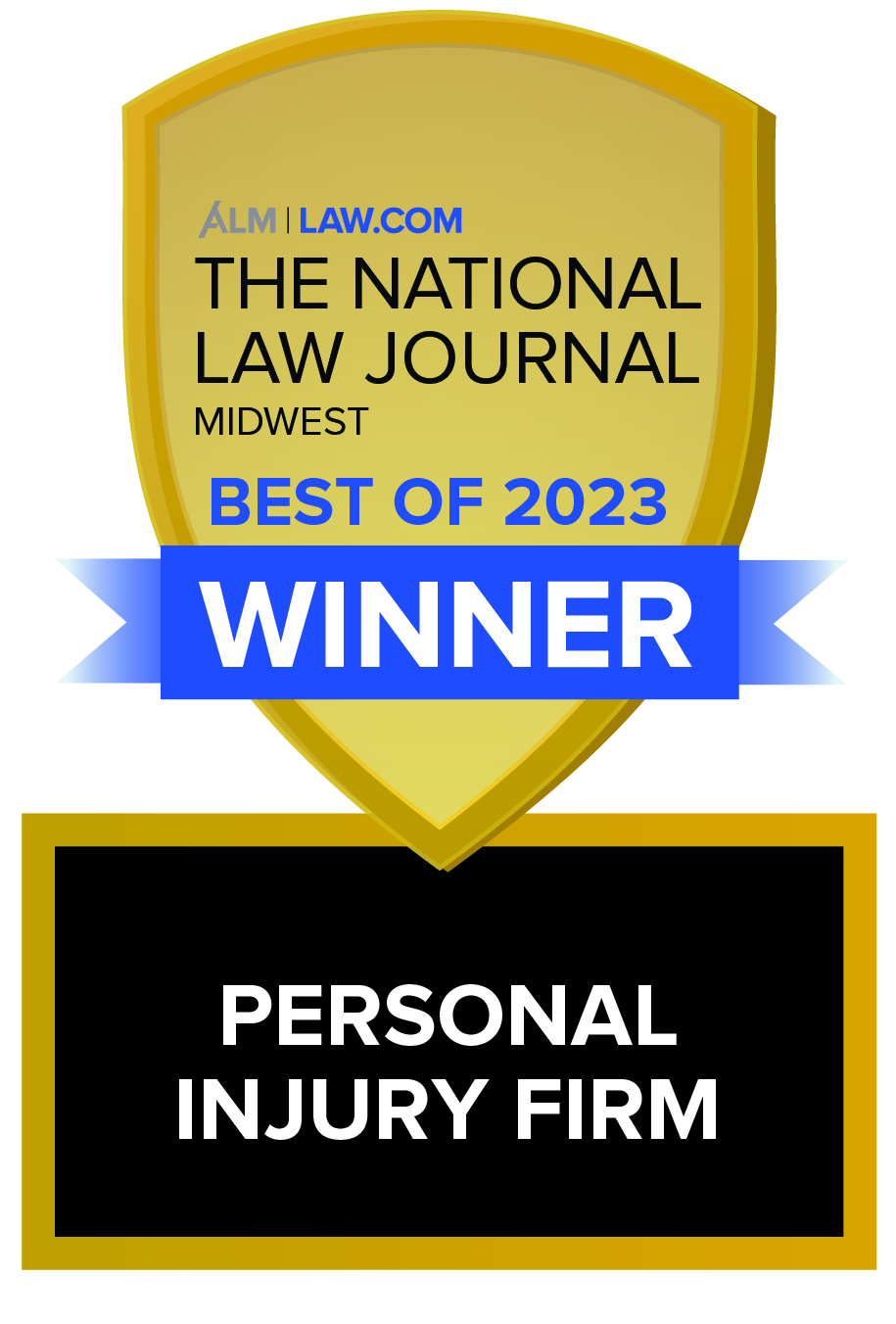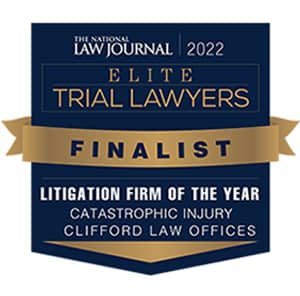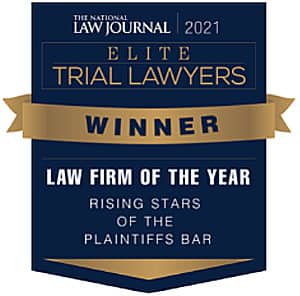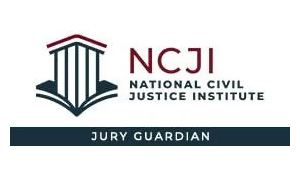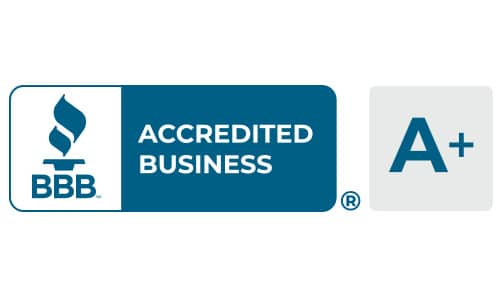Property owners have a duty of care to prevent injuries to lawful visitors on their properties. This requires care and maintenance of the property and may apply to the clearing of snow and ice, security measures, and the structural integrity of the property. If you’ve suffered harm due to a property owner’s negligence, contact our law firm.
The attorneys at Clifford Law Offices have decades of experience handling civil claims for our clients in the Chicago, IL, area. We understand a seemingly straightforward premises liability claim can sometimes escalate into a complicated legal battle. Our firm has decades of experience in the personal injury arena, and we can explain your rights and help you understand what damages you may recover after an injury caused by a dangerous stairwell or uneven stairs. We are a nationally recognized law firm that has obtained more than $5 billion on behalf of our clients since our founding in 1984.
Property Owners’ Duty of Care to Visitors
Some of the most common examples of unsafe stairway conditions are:
- Broken steps
- Missing/broken handrails
- Rotting wood
- Risers that are too low or too high
- Spilled liquid on landing or steps
- Inadequate lighting
- Stairway collapses
If a lawful visitor on private property is likely to encounter a known safety issue, the property owner has a duty of care to mark the hazard or carefully warn the visitor of the danger. If the property owner knows of a damaged or structurally unstable stairwell or staircase, he or she has a duty to prevent visitors from using those stairs and arranging for repairs as soon as possible. A property owner may also absorb liability for stairway accidents caused by slippery surfaces, broken lighting, damaged floor coverings, and broken floorboards.
To succeed with a premises liability lawsuit for a stair-related injury, plaintiffs must prove the property owner knew about the hazard or should have known about it with reasonable diligence. If another reasonable person caring for the property would have noticed and fixed the problem, the property owner will likely incur liability for the victim’s damages.
Damages in a Stair Injury Lawsuit
The plaintiff in a stairwell or uneven stairs accident lawsuit can secure several types of compensation, depending on the damages sustained in the accident, including:
- Medical expenses. A plaintiff can claim compensation for all medical bills and treatment costs resulting from the negligence of another party. This applies to future medical expenses as well as if an injury causes long-term or permanent damage requiring ongoing care.
- Lost income. A severe injury may force the victim to miss work, and he or she can claim the income lost during that time. If an injury prevents the victim from working in the future, he or she may be able to claim compensation for the wages he or she would have reasonably expected to earn.
- Property damage. It is possible for a fall on uneven or damaged stairs to break expensive personal items like smartphones and watches. A plaintiff can claim the costs of replacing or repairing these items in a personal injury lawsuit.
- Pain and suffering. Severe injuries like bone fractures and spinal injuries can cause excruciating physical pain and long-term psychological distress. The jury in a premises liability lawsuit will award fair compensation to reflect the victim’s experiences.
Proving negligence and securing compensation for the damages resulting from a stairwell or uneven stairs accident can be complicated. Victims of this kind of injury should discuss their case with an experienced law firm.
Call Today
The attorneys at Clifford Law Offices can help those who have suffered injuries from negligent property owners. If you or a loved one recently sustained injuries due to broken or dangerous stairs on private property, we can help you determine the best options for legal recourse and build a strong case against a negligent property owner. Contact our office today to schedule a free case evaluation.

